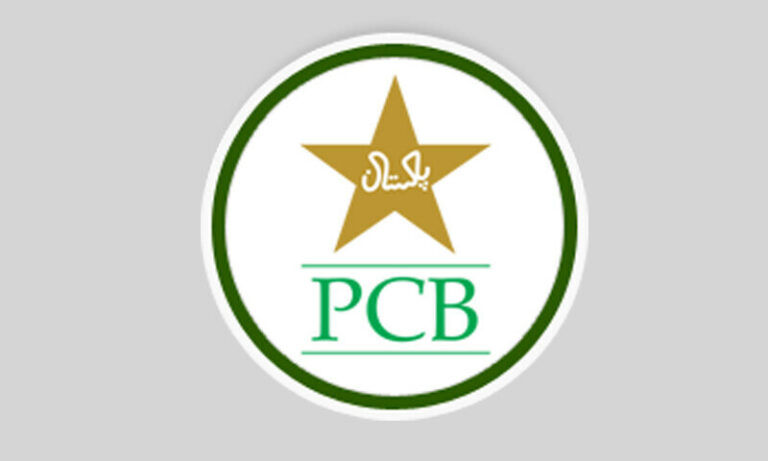The persistent underperformance of the Pakistan cricket team over the past two years has finally drawn the attention of the National Assembly. On Monday, the Pakistan Cricket Board (PCB) came under fire for offering vague and inadequate explanations, failing to present a clear roadmap to revive the national team’s lost glory.
In a written response, the PCB blamed recurring injuries, inconsistent playing conditions, and the general challenges of international cricket. However, the board’s reply lacked depth, offering no solid data or strategic clarity—leading to frustration among lawmakers. MNA Shazia Marri questioned the board’s accountability, asking about review mechanisms for selection, coaching, fitness, and grassroots development.
Pakistan’s decline has been undeniable. After a dismal early exit in the 2023 ICC World Cup in India, the team also failed to reach the semi-finals of the 2024 T20 World Cup in the USA and West Indies. Despite hosting the ICC Champions Trophy earlier this year, Pakistan faced crushing defeats at home, followed by a string of losses to New Zealand in both T20Is and ODIs.
In its response, the PCB claimed it is working on strengthening injury management and adapting better to international conditions. It stated that post-series reviews are routinely conducted and merit-based selection remains a priority. Yet, these assurances fell short of addressing deeper concerns about team strategy, lack of match temperament, and leadership voids on the field.
The board also touched on player development, stating that new regional tournaments and high-performance centers have been introduced across cities. Talent-hunt programs targeting school and college-level players are underway to rejuvenate the cricketing pipeline. While these steps are positive, they lack urgency and aggressive implementation—something critics believe is essential at this stage.
MNA Sharmila Faruqui raised questions about infrastructure. In response, the PCB confirmed it is upgrading multiple stadiums to meet international standards, with the project expected to complete by the end of 2026. The first phase, with an allocated budget of Rs11.8 billion, has already begun, while the second phase worth Rs6.2 billion will follow after PSL 2025. So far, no budget overruns have been reported, and annual audits are in place to maintain financial transparency.
Regarding the ICC Champions Trophy, the PCB clarified that all operations, revenue, and expenditure were handled by the ICC. The board earned Rs3 billion—exceeding its Rs2 billion target. The final profit will be determined after the ICC’s financial audit is completed.
Despite these explanations, many believe that Pakistan cricket is facing a leadership and vision crisis. The lack of accountability and visible progress has turned public sentiment from disappointment to outright concern. The National Assembly’s engagement may be the pressure the PCB needs to stop issuing routine statements and start delivering real results.


